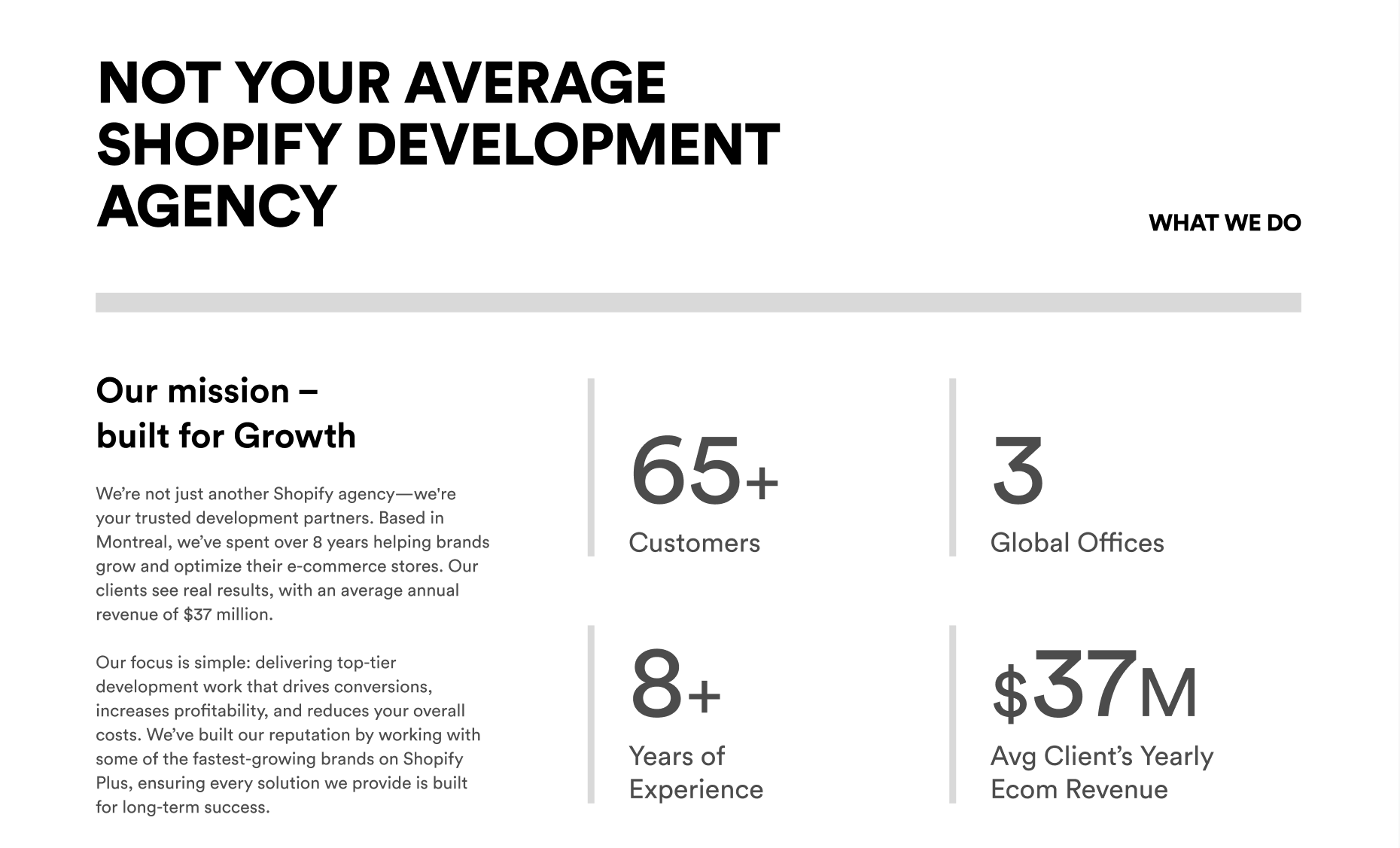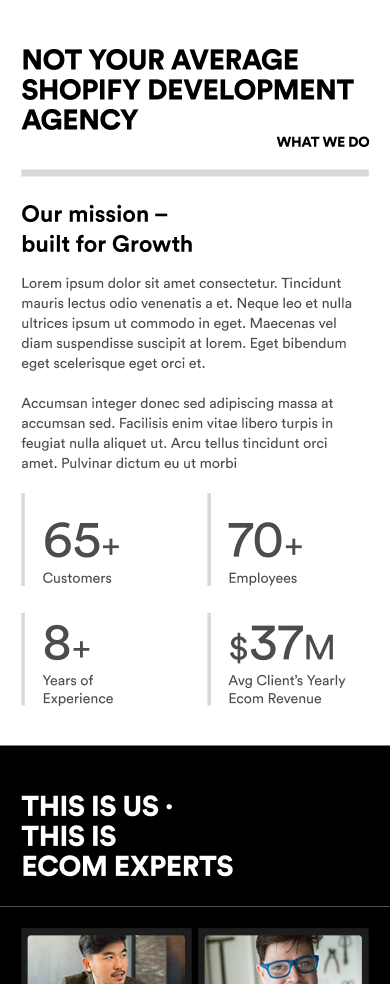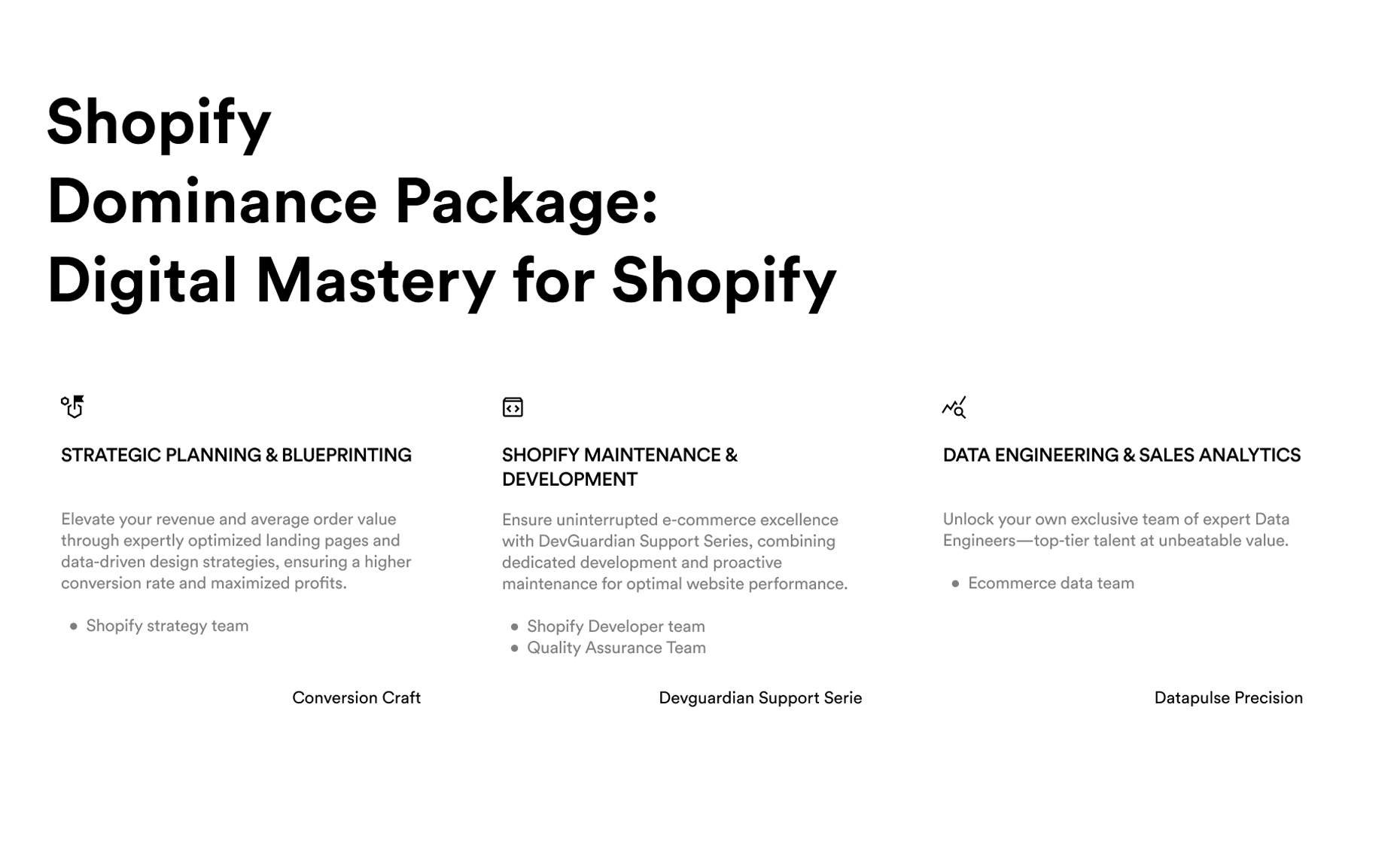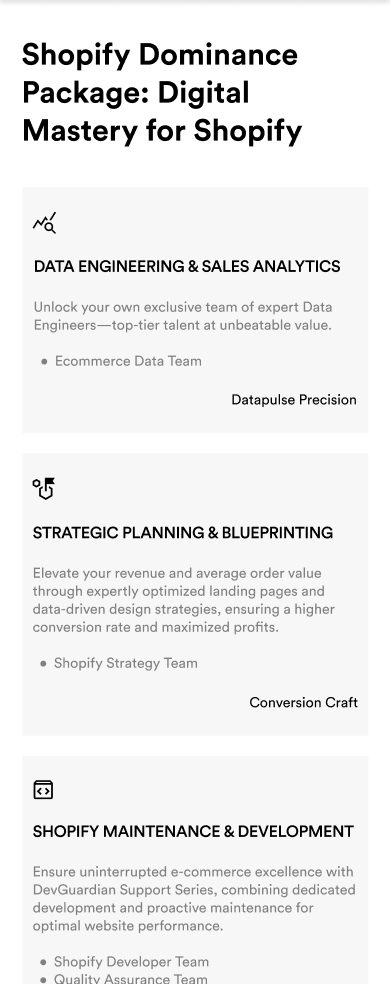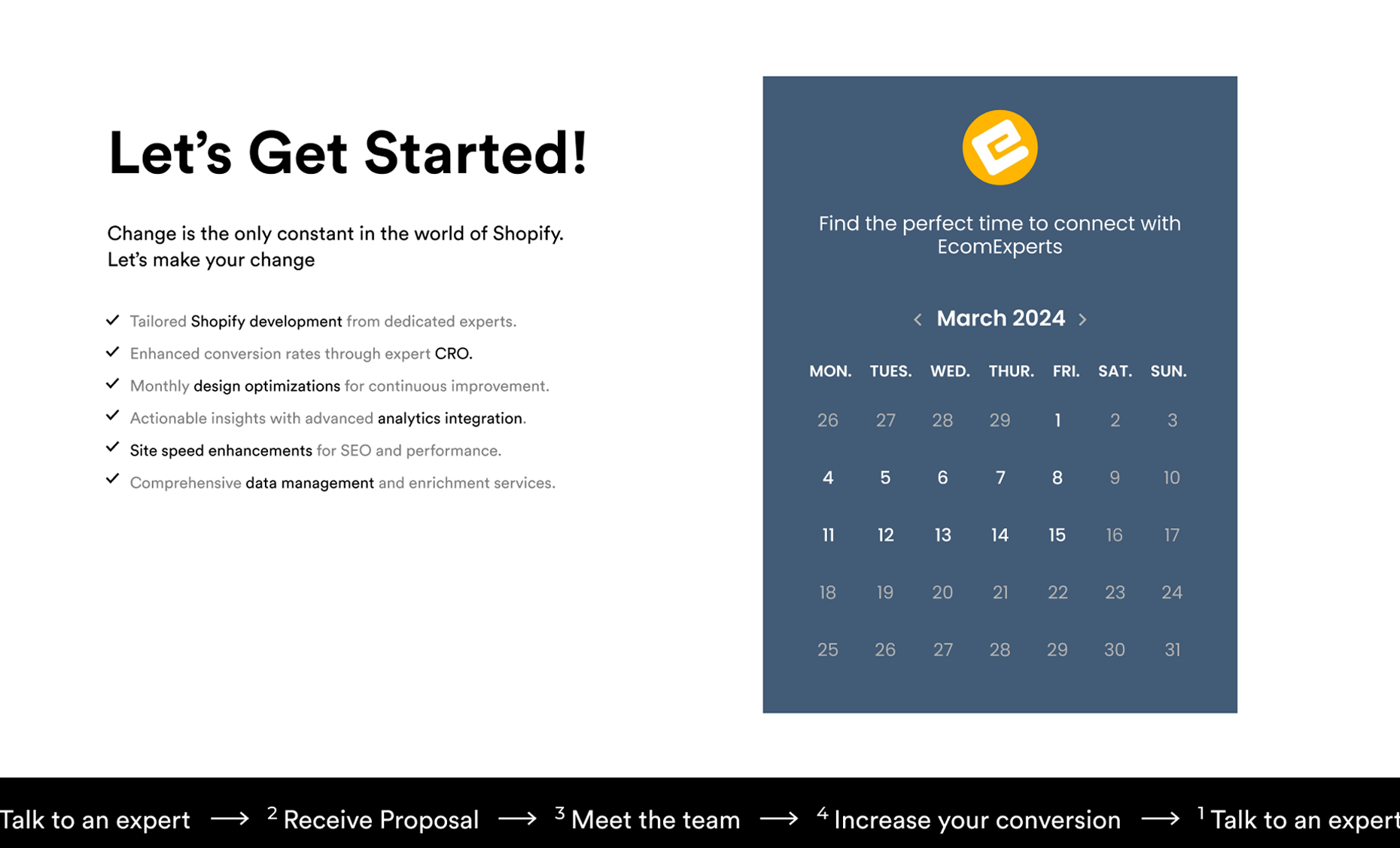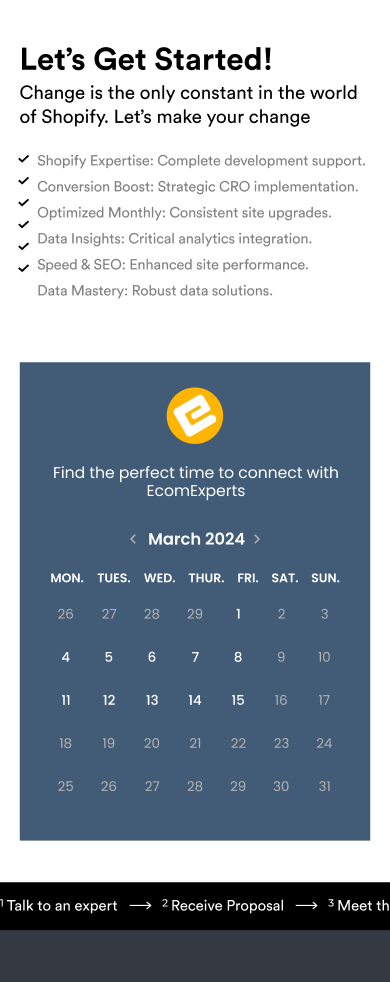When choosing a Shopify theme for your store, naturally, you want one that’s well-designed, customizable, and easy to navigate. But have you ever considered loading speed?
Shopify theme speed is a critical component to the success of your business. A slow-loading theme might cost you in more ways than one, in that you could lose a sale and a potential customer. Customers are unlikely to return to a slow site.
We tested the 100 most popular Shopify themes to determine which theme is the fastest. We were testing demo stores advertised alongside themes. We used this Shopify site speed tool, the tool that we built, and we tested more than 400 pages to find the best-performing ones.
Introduction to Shopify Theme Speed
We live in fast-paced times when most customers can be very impatient and have (understandably) high expectations when trying to find a product online.
You have a business to run and a family to spend time with; you can’t waste precious time on a website that’s taking too long to load.
But what does this mean for you as the owner of a website? It means less traffic, less converting, and ultimately, less revenue.
Each additional second it takes for your website to load increases the site's bounce rate and affects your store's bottom line. You’ve put in many hours developing your e-commerce website. You’ve planted the seed for it to flourish, and you’ve implemented ideas and innovations. Don’t let all of those valuable hours go to waste by forgetting about the need for speed.
Improper management of your store could mean the difference between success and failure. Focus on and manage your site speed. This research will offer you guidance on choosing the fastest theme for your Shopify store.
The fact is, site store speed mainly depends on the Shopify theme speed, so before you install a theme, we highly recommend you check the following:
- Look for a fast and responsive theme.
- Check for an up-to-date copy of your theme and check the live preview of the theme. Run the theme preview page through Google PageSpeed Insight and see the suggestions to make that page faster.
Themes are composed of Liquid, HTML, CSS, and JavaScript code. When you edit or customize themes, file sizes can increase and affect your store speed.
Certain features, when enabled, might also affect your store speed. For example, some quick view pop-ups preload information from every product page when a collection page loads. Loading extra data your customers aren't using can impact your store speed without adding value.
What Makes Some Shopify Themes Faster Than Others?
So why are some themes faster than other themes? There are a few factors that influence speed.
- The file size of the theme. Smaller themes tend to run faster.
- Amount of coding. Less coding is processed faster on the server.
- Cleaner CSS and inline CSS allow the site to render faster.
- They don’t need the jQuery JavaScript library.
These variables cause themes to render faster from the server while also taking stress off of the web browser for easy assembly of the page in less time.
People often choose beautifully designed themes that are customizable, both of which are important, but they frequently overlook speed.
We’ve included some of the best Shopify themes in popularity and speed in our research below. Here, you’re sure to find the most popular Shopify theme as well as the fastest Shopify theme 2021.
Top 15 Best Performing Shopify Themes
The top-performing Shopify themes have an overall score above 95, with an average load time below 2.5 seconds. The average for all themes is an 83.8 score. Load time is 2.8, page size 2.78, and 82.4 requests. Native Shopify themes rank the best for speed among competitors, with five themes in the top 15 fastest ones.
The average load time per page in the industry is 7.7s, the average page size is 2.9MB, and 119 requests per page.
According to the data shown, the fastest themes are Sunrise, Avon, and Kalles, each with a summary score of 99.

Fastest Home Page Based on Desktop Score
Having a fast homepage is critical for shoppers to be able to find items quickly on your site. If your customers have to wait longer than three seconds, there’s a 40 percent chance they’ll turn to your competition instead. The fastest homepage, according to the data, was Maker, with a desktop score of 100.
If customers form a bad first impression of your online store, they will bounce. The average ecommerce bounce rate is 45.68%. You want to encourage conversions from the get-go; you don’t want users to bounce.
Recognize that your homepage is your storefront. It needs to be well-designed, easy to navigate, and it should clearly display what the customer is looking for.
The fastest home pages had a desktop score of 95 or better with a load time averaging 1.02 seconds. The average page size was 0.7 MB, with an average of 39 requests. Mobile scores varied widely between 27 and 97 with an average load time of 5.8 seconds. Page size averaged 0.86 MB, and requests averaged 41.

Fastest Product Page
You want your product page to load fast because your products are what your shoppers are most interested in. 79% of shoppers say they won’t return to a slow-loading site. If your product page takes too long to load, you risk losing your customers to your competitors’ sites.
The top 15 product pages ranked 96 or better in desktop scores with page load time an average of 1.1 seconds, an average page size of 1.34 MB, and the average number of requests was 51. Mobile scores ranged from 29 to 95, with an average page load time of 6.25 seconds, an average page size of 0.7 MB, and an average of 52 requests. The fastest product pages were Express, Cascade, Kingdom, and Symmetry, all with scores of 99.

Fastest Collection Page
Nothing is quite as frustrating as a collection page that takes its sweet time to load. Did you know that speed influences your Google rankings? The faster your site is, the higher you’ll rank, and the more customers you will receive in your store. To keep customers on your site and away from your competitors, invest in a fast-loading theme.
For the fastest collection pages, all desktop scores were 96-99 with an average loading speed of 0.8 seconds, an average page size of 0.6 MB, and the average number of requests 33. Mobile scores ranged from 46 to 91, with an average page load time of 4.5 seconds, an average page size of 0.61 MB, and the average number of requests 33. The fastest collection pages were Kingdom, Simple, Debut, and Motion, with desktop scores of 99.

Fastest Cart Page
You want your cart page to load quickly because the shopper is on the precipice of making a purchase decision. Even a 100-millisecond delay lowers your conversion rates by 7%. A slow cart page could give the impression that the site isn’t functioning well. Will customers trust your site to handle a sales transaction effectively?
The fastest cart pages ranged from 98 to 100 in desktop scores. Page load time was an average of 0.8 seconds with an average page size of 0.3 MB and an average number of requests 27. Mobile scores ranged from 69 to 93 with an average page load time of 4 seconds, an average page size of 0.36 MB, and the average number of requests 25. The fastest cart page was Debut, with a desktop score of 100.

How Did They Do It And Words From Experts
Ruben Bristian, Co-founder @ KrownThemes - Creators of themes Split and Kingdom shared their secret of success
1. When building the themes did you focused on loading speed?
Of course we are always focused on loading speed, but this is also a place where we are constantly improving. So with each update that we make, we try to improve speed, see if we can get rid of third party dependencies, minimize the code, improve animations, stuff like that. For example, we've recently removed jQuery from our themes, just to save one blocking request and over 100kb of javascript code. So it is not something that we do once, but something that we look at constantly and try to figure out new ways to make our themes faster and better.
2. What best practices did you implement?
We try to write clean code, use CSS instead of JS for animations, use custom frameworks or libraries only if they are really necessary, implement features such as lazy loading of images, preloading assets, deferring scripts, etc. As already wrote at the previous point, we've recently removed jQuery from our themes and we ship our theme's CSS & JS minified, in order to save precious kb.
3. Did you have to sacrifice some of the features to have the fastest theme in the ecosystem?
There are times when we have to make a decision between features and speed, but we are not always sacrificing features, as there are times when these are more important than a slightly better page speed score.
4. What is your overall opinion on Page Speed?
We have mixed feelings about this, because on one hand, these are great tools to benchmark your product and find slow areas that can be improved, on the other hand, these performance meters tend to be misunderstood in the hands of end users who don't understand all the data which is shown to them. You can have a really good performing store with a bad score, and vice-versa, so at the end of the day, it's about making your store work fast and well in real life scenarios, not just trying to chase down numbers in a random tool.
Salvatore Di Salvo - Shopify Senior Theme Support Specialist shared his opinion on this topic:
Looking just at the speed is wrong. The fastest theme may not have the right features for a specific business and therefore they will make it slower later by installing apps and editing the theme code. Also, I don't think there is a lot of difference between the first maybe 20 of them, I think the difference in speed is really not that much and also we would need to take into consideration how that speed has been calculated, sometimes the tools people use don't tell the truth or read other values. I personally receive lots of questions of merchants worried about their site speed just because they have looked to a report and it says their website is slow, but then when you actually load the page in your browser it takes less than 1 second so it really makes no sense focusing on speed only to evaluate the real performance of an ecommerce website.
Henry Pham, Founder of The4 Studio, Creators of themes Kalles and Gecko, both in the top 15 fastest Shopify themes, shared their secret of success
Your website is your digital storefront. It needs to be appealing enough to attract the customers and functional enough to propel conversions. The4 studio specializes in enabling this USP for your brand. We develop highly Responsive Shopify Theme, so that you can leverage your website and build a robust online presence. We try to balance functionality and speed, the problem is how to have a fast topic and still have full advanced features. We also optimize the source code for maximum efficiency.




